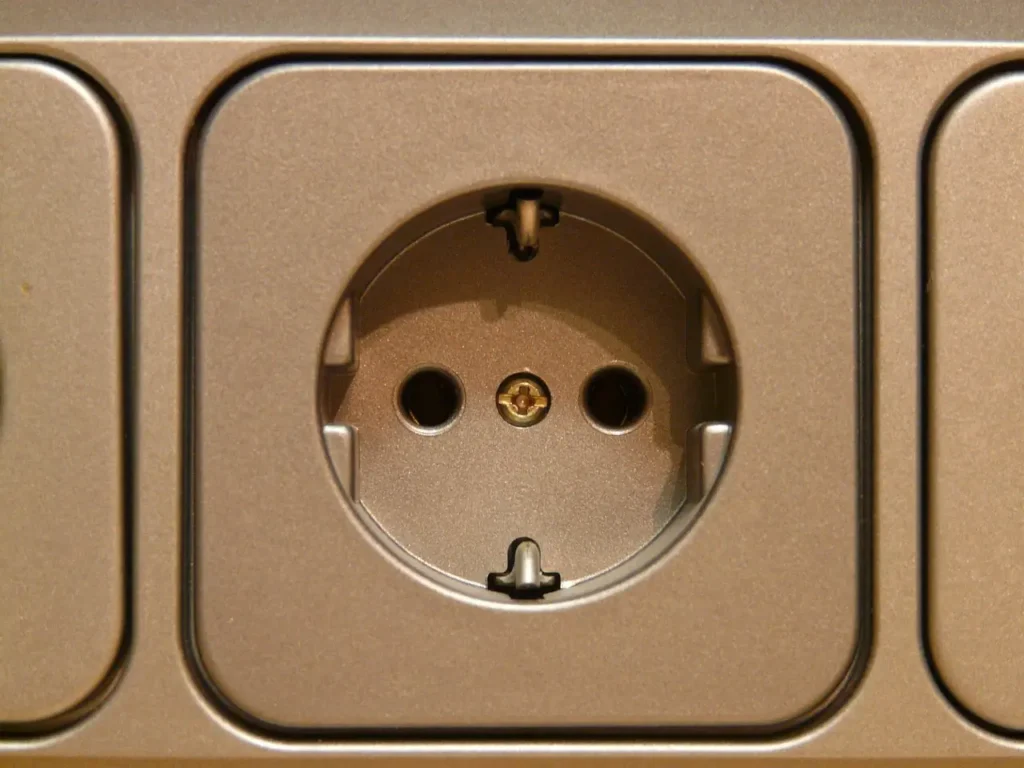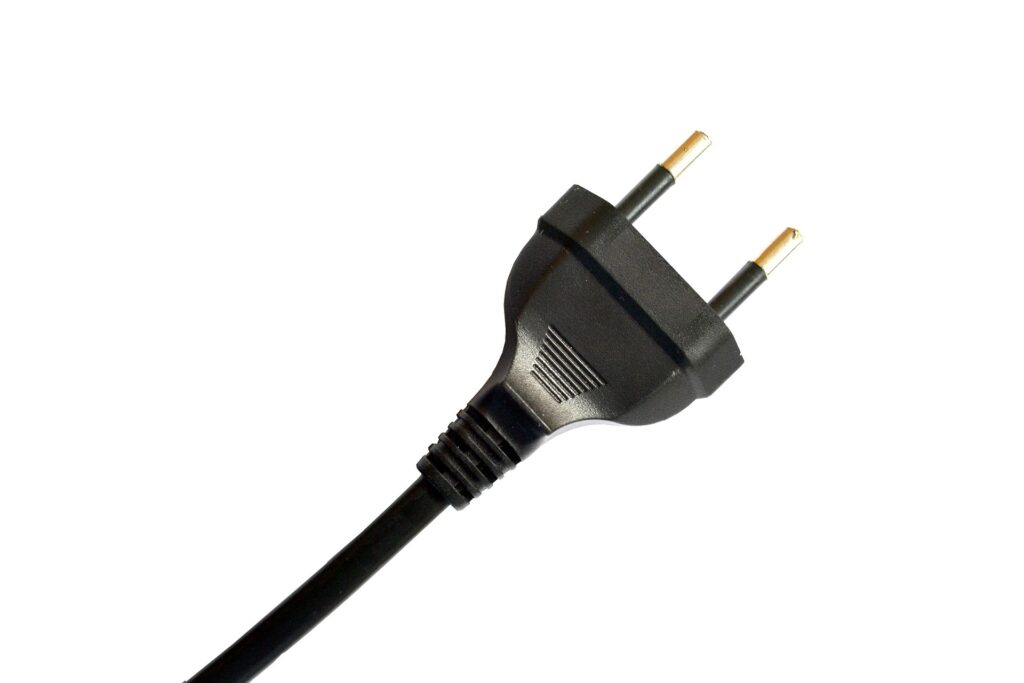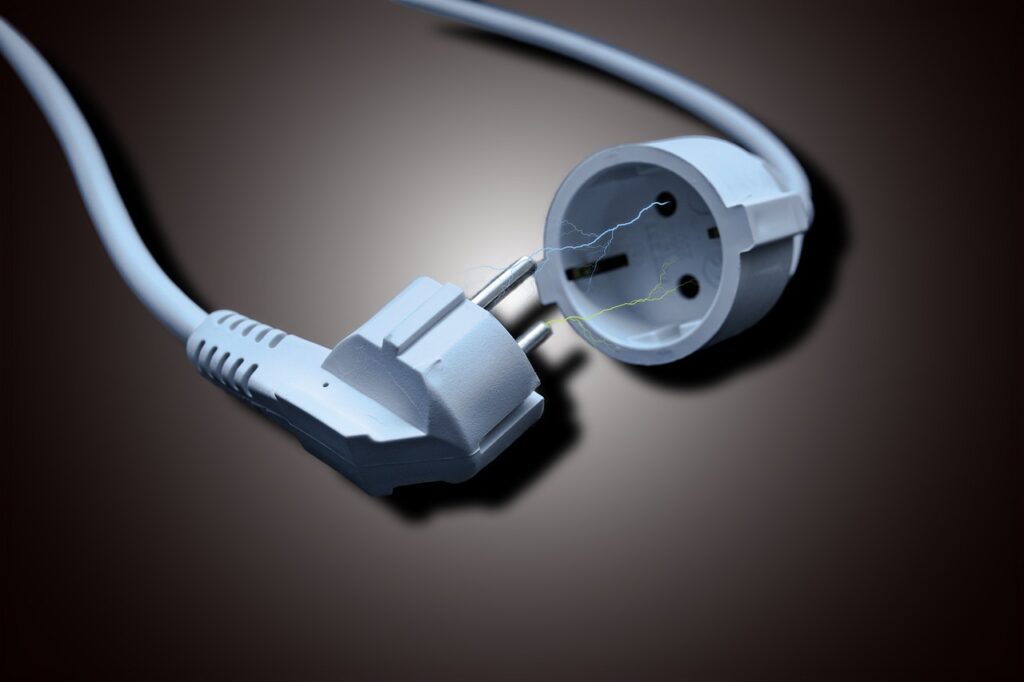Planning a trip to Morocco? You’ve probably thought about your itinerary, packed your camera, and maybe even practiced a few Arabic phrases. But there’s one tiny detail that could completely derail your plans—what happens if you can’t charge your devices? Imagine the frustration of running out of battery in the middle of exploring the winding streets of Marrakesh or capturing the vast beauty of the Sahara. Don’t let something as small as the wrong plug type ruin your adventure. In this guide, you’ll learn everything you need to know about the Morocco plug type, so you can stay connected, powered up, and stress-free during your trip.
What Plug Type is Used in Morocco?
Understanding the Standards
In Morocco, the primary plug types you’ll encounter are Type C and Type E. At first glance, these may look similar, but each has unique characteristics:
- Type C (Europlug): Recognizable by its two round pins, this plug type is widely used across Europe.
- Type E: While similar to Type C, Type E plugs also include an additional grounding pin for added electrical safety.
Morocco operates on a 220V supply voltage and a 50Hz frequency, which is standard across many parts of Europe. If you’re traveling from countries like the U.K. or other European nations, your devices might fit seamlessly. However, if you’re coming from regions like North America or Asia, you’ll likely need an adapter or voltage converter.



Why This Matters to You
Understanding Power Compatibility
Imagine this: You’ve planned a perfect day to explore the blue-painted alleys of Chefchaouen, but your phone dies because you didn’t bring the right adapter. Knowing the plug and voltage system in Morocco isn’t just a technicality; it’s crucial for keeping your tech functional and your plans intact.
- If you’re traveling from a country with a voltage system of 110V (such as the United States), your devices might not be compatible with Morocco’s 220V system.
- Many modern electronics like smartphones and laptops come with dual-voltage compatibility, meaning they can adapt to both 110V and 220V systems. However, others, like hairdryers or curling irons, might require additional equipment like a voltage converter.
What’s at Stake?
Using incompatible plugs or failing to match voltage levels could do more than inconvenience you—it could permanently damage your devices. Electrical overload can lead to overheating, sparks, or internal failure, leaving you without the essentials you rely on.
Your Essential Packing List for Morocco
To ensure you’re prepared, here’s a list of items you’ll want to pack. These small additions to your suitcase can save you a lot of trouble once you arrive.
Must-Have Charging Tools
- Universal Plug Adapter: Invest in a high-quality adapter that supports Type C and Type E sockets.
- Voltage Converter: Absolute must for non-dual voltage devices like single-voltage hairdryers.
- Portable Power Bank: Ideal for charging your devices on the go, especially during long day trips.
- Surge Protector: Helps safeguard your devices from unpredictable power surges in hotels or other accommodations.
Pro Tips for Packing
- Check the wattage and voltage details printed on the label of your gadget chargers. Look for phrases like “Input: 110V-220V” to identify if your device is dual voltage.
- Consider a multi-port charger if you’re planning to power several devices. You’ll save outlet space and reduce the number of adapters needed.
Where to Find Plug Adapters for Morocco
Before You Travel
The smart move is to prepare before your journey begins. You can find compatible adapters online from retailers like Amazon, Best Buy, or specialized travel stores. Search for adapters that explicitly say they support Type C/E to avoid confusion.
On the Ground in Morocco
If you forget to pack an adapter, don’t panic. Many local supermarkets or electronics stores in Morocco’s major cities—like Casablanca or Fez—carry basic adapters. Larger hotels may also have spare adapters to lend or rent. Keep in mind that it’s not ideal to rely on finding one last-minute, as availability can be inconsistent in remote areas.
Tips for Keeping Your Devices Charged While Traveling in Morocco
Hotel Rooms
Hotels in Morocco generally provide standard Type C or E sockets. However, some budget accommodations may have older setups, so it’s a good idea to double-check when booking. If outlets are scarce, a portable power strip can be a lifesaver.
Outdoors
Whether you’re wandering through the historic medinas or on a camel trek in the Sahara, portable solutions like power banks are indispensable. Make sure they are fully charged before heading out for a long day of exploring.
Conclusion:
Don’t let the wrong plug type stand between you and your Moroccan adventure. From urban marketplaces to desert landscapes, the memories you create deserve to be documented, shared, and celebrated. By understanding Morocco’s electrical system and packing the right tools, you can ensure your tech is as ready for adventure as you are.
Now that you’ve got the inside scoop, it’s time to take action. Check your devices, grab your adapters, and finalize your packing list. Morocco awaits—and with this guide, you’re fully charged for every moment of it!
FAQs About Morocco Plug Type
Do I Need an Adapter for Morocco?
Yes, if your device doesn’t have a Type C or E plug. This is especially true for travelers from North America, or parts of Asia where other plug types are commonly used.
Will My U.S. Electronics Work in Morocco?
Not always. U.S. devices typically use 110V, and Morocco operates on 220V. Dual-voltage devices will work with just a plug adapter, but others may require a voltage converter as well.
Are Universal Adapters Safe to Use in Morocco?
Absolutely, as long as the adapter supports Type C and E plugs. Ensure the adapter you choose is from a reliable brand to minimize risks.
Can I Use My Hairdryer in Morocco?
Check your device specs. If it’s dual voltage, you’ll only need an adapter. Otherwise, you’ll need both a voltage converter and an adapter.
